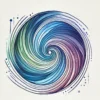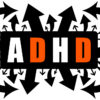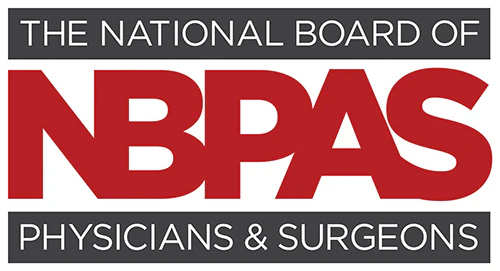Attention-deficit hyperactivity disorder (ADHD), previously referred to as attention deficit disorder (ADD), is listed in the Diagnostic and Statistical Manual of Mental Disorders, Fifth Edition (DSM-5) as a chronic, neurological disorder.
ADHD is characterized by three main symptoms: inattention, hyperactivity, and impulsivity. The Centers for Disease Control and Prevention (CDC) further describes attention-deficit hyperactivity disorder as an inability to control impulsive behaviors, difficulty focusing and/ or paying attention, and/ or being overly active. Although the cause for developing ADHD remains unknown, research has indicated that genetic factors, environmental factors, and developmental delays may contribute to its possible development. ADHD is extremely common, as the worldwide prevalence of ADHD is estimated to be around 2.2% in children and 2.8% in adults.
Warning Signs
An adult with ADHD will show a persistent pattern of inattention and/ or hyperactivity-impulsivity that interferes with his or her functioning. Some of common examples, as provided by the Mayo Clinic, of symptoms that an adult with ADHD may exhibit could include any combination of the following:
- Mood swings
- Poor planning
- Disorganization
- Inefficient time management skills
- Trouble with multitasking
- Impatience
- Lacks effective coping mechanisms for stress management
- Restlessness
- Impulsiveness
- Inattention to detail
- Failure to meet deadlines
- Mind constantly wandering/ does not listen when directly spoken to
- Misplaces belongings frequently
- Easily distractible
- Excessive talking
- Regularly and mindlessly fidgeting
To further understand ADHD, it can be helpful to be aware of the diagnostic criteria provided in the DSM-5. If you are concerned that you may be suffering from adult ADHD it is best to err on the side of caution and pursue professional guidance. To obtain the most effective treatment it is essential for an individual to be thoroughly evaluated by a qualified mental health professional and accurately diagnosed.
Treatment
Every person is different, and everyone will benefit most from a customized treatment plan that includes a blend of different approaches to ensure all nuanced needs are accommodated. Certain medications (e.g., Vyvanse, Adderall XR, Dexedrine, Ritalin, etc.) as well as a variety of therapeutic treatment options could be integrated into one’s treatment plan. Common therapeutic modalities used to treat adults diagnosed with ADHD, include talk therapy, cognitive behavioral therapy (CBT), dialectical behavior therapy (DBT), expressive arts therapies, relaxation techniques, and more. Although ADHD is a chronic disorder, with proper treatment, an individual can learn helpful strategies to effectively manage its symptoms.
Further Information and Support
Every family in need of mental health treatment must select a program that will best suit the needs of their family. When one member of a family struggles, it impacts everyone in the family unit. To maximize the benefits of treatment we work closely with the entire family to ensure that everyone is receiving the support they need through these difficult times.
Seeking help is never easy, but you are not alone! If you or someone you know needs mental health treatment, we strongly encourage you to reach out for help as quickly as possible. It is not uncommon for many mental health difficulties to impact a person’s life, long term. Pursuing support at the beginning of one’s journey can put the individual in the best position to learn how to manage themselves in a healthy way so they can go on to live happy and fulfilling lives.
OUR KNOWLEDGEABLE ADMISSIONS TEAM CAN BE REACHED 24/7 AT INFO@PACIFICRTC.COM OR CALL: (866) 602-5512






